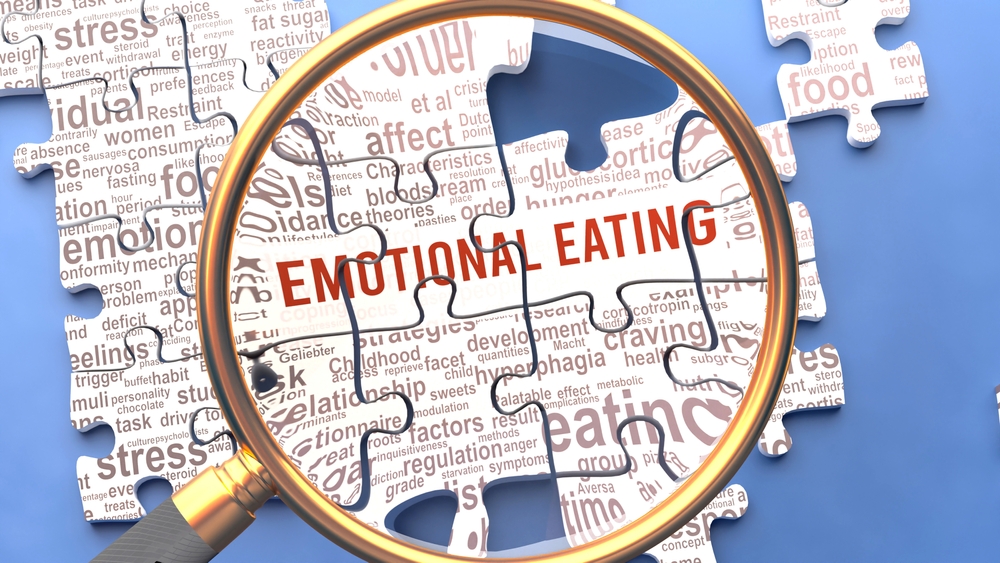Health and Nutrition
Emotional Eating: Why Stress Makes You Crave Food
Discover the hidden link between emotions and overeating — and how to break the cycle for better health and well-being
 (Photo: shutterstock)
(Photo: shutterstock)
Anxiety, fatigue, and depression often send us straight to the fridge. Emotional eating is the tendency to turn to food for comfort during times of emotional distress, and many of us have been doing it since childhood, when food was associated with soothing and love.
The Link Between Food and Emotions
When eating habits change in response to emotional stress, this is known as emotional eating. It can lead to overeating, and is often linked to depression, anxiety, or other negative emotions.
At these times, we don’t eat out of physical hunger, but as a reaction to uncomfortable emotions we can’t manage. Unfortunately, this typically doesn't lead to a nourishing salad, but rather to carb-loaded, sugary, salty, or fatty junk food.
Why Does It Happen?
It’s difficult to pinpoint why some people experience emotional eating more than others, but there are known correlations with genetics, depression, and sleep issues.
Emotional eating is often a stress response. Stress elevates cortisol levels, which in turn increases cravings, especially for sweet foods.
Other triggers may include rebound effects from restrictive dieting, emotional dysregulation, or difficulty distinguishing between real hunger and unmet emotional needs.
In many cases, excessive emotional eating serves as a coping mechanism to dull emotional pain. Eating releases dopamine, which temporarily pushes away unpleasant emotions like sadness or anxiety.
 (Photo: shutterstock)
(Photo: shutterstock)Taking Back Control
Reaching for a tub of ice cream to drown out guilt, sadness, loneliness, anger, or stress is not unusual, but when it becomes a daily habit, it can have significant effects on your weight and health.
Emotional eating is closely tied to both depression and obesity, creating a vicious cycle where each worsens the other.
This behavior often stems from deeply rooted psychological patterns, sometimes even early childhood experiences. However, breaking the cycle is essential to prevent weight gain and long-term health decline.
How to Treat Emotional Eating?
The first step is to realize the problem is emotional, and cannot be solved with a diet. In fact, starting a diet may actually worsen the situation.
The most important part of healing is developing mindful eating habits which requires building awareness of when you eat, how much you eat, and most importantly, why you're eating.
Emotional eating treatment is similar to therapy for other emotional or mental health issues. One evidence-based approach is Cognitive Behavioral Therapy (CBT), which helps identify behavioral patterns and teaches healthier coping mechanisms.
If you find that much of what you're eating isn't driven by hunger but by emotion, it might be time to explore new ways to manage those feelings, without turning to food. Doing so can help you lose weight and, even more importantly, feel a whole lot better.
Orly Samira is a CBT psychotherapist.

